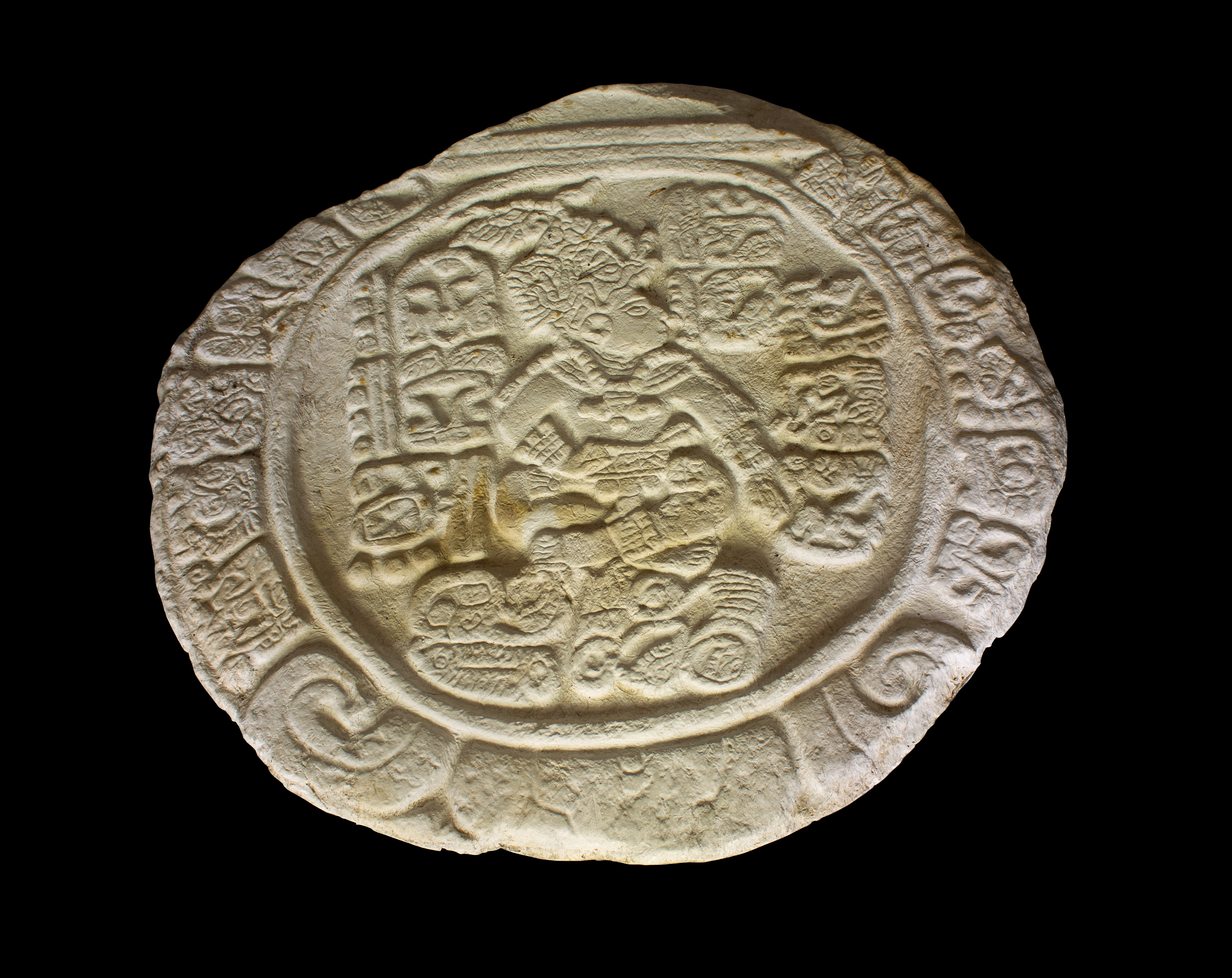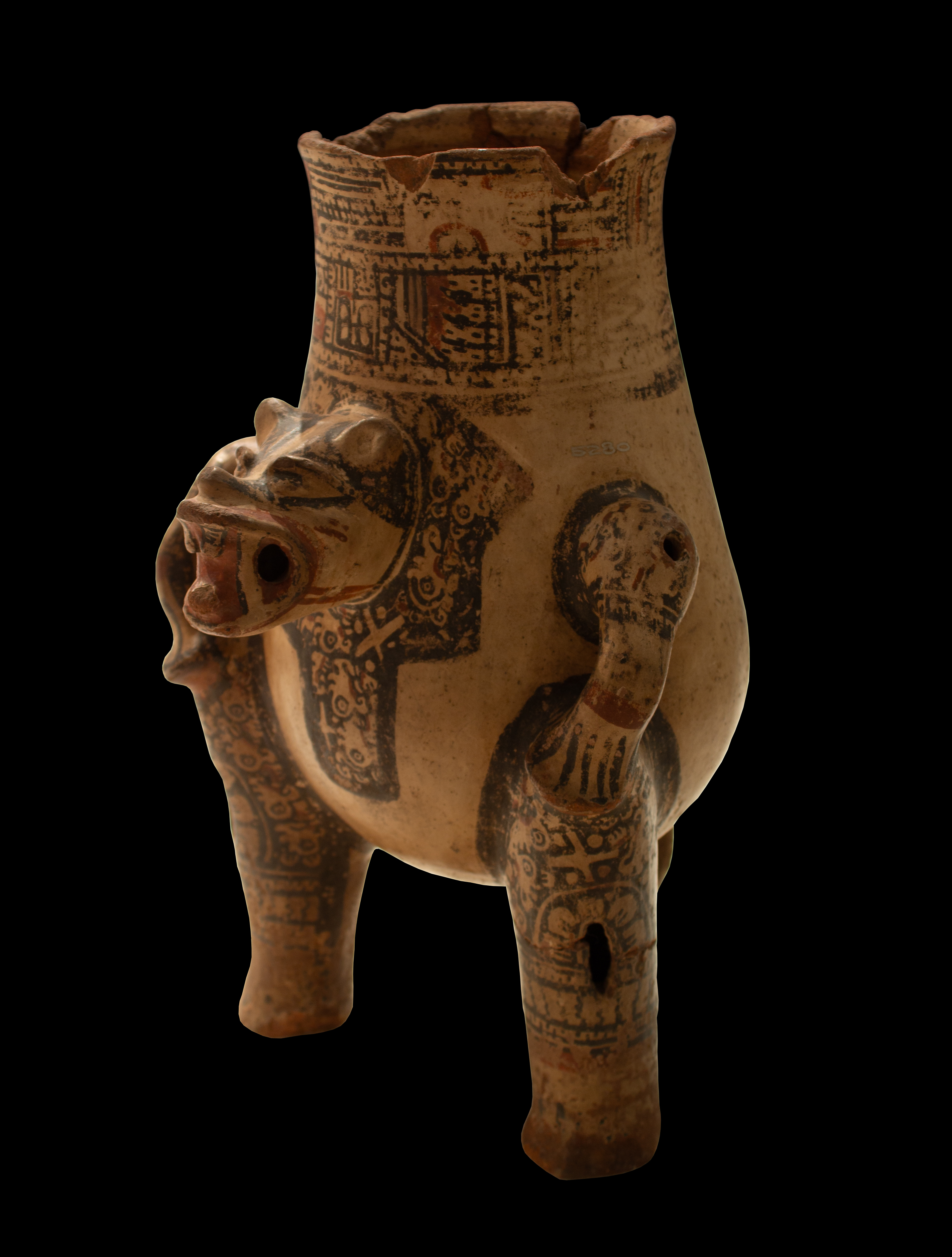The Middle American Research Institute at Tulane University (M.A.R.I.) was established in 1924 as one of the first academic institutes to advocate for the study and preservation of the material culture of Indigenous communities in Mexico and Central America. Over the last century, M.A.R.I. has supported scientific archaeological and anthropological fieldwork while also preserving and curating its archaeological, ethnographic, and archival collections. This year, M.A.R.I. will commemorate its centennial with a number of scholarly and public events, including the debut of our new exhibit. The basic idea behind this display is "celebration," which showcases the diversity and depth of Indigenous American feasts.
The exhibit will highlight different ways ancient peoples of Mexico and Central America celebrated important milestone events. It will be divided into four sections: Maya hieroglyphic monuments, material culture of ancient Costa Rica and Panama, Prehispanic domestic rituals, and ritual practices from modern indigenous communities. M.A.R.I. will showcase archaeological and ethnographic items alongside cutting-edge technology and interactive tools for our visitors. One of the highlights of this exhibit is the display of life-size replicas of Maya monuments. After being meticulously restored, they will be shown for the first time in over a century as part of M.A.R.I.'s new exhibit.



